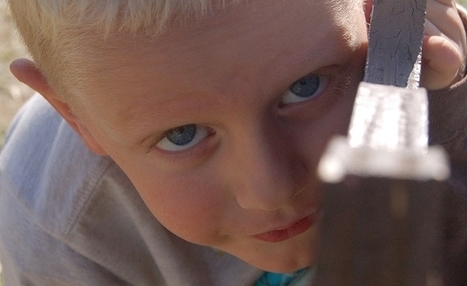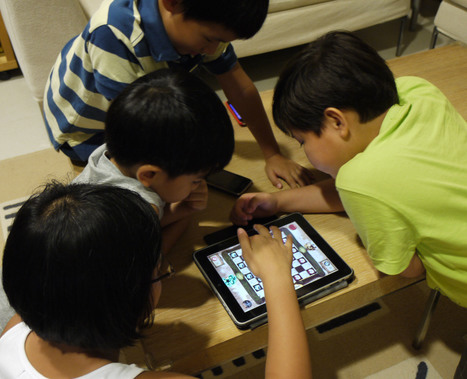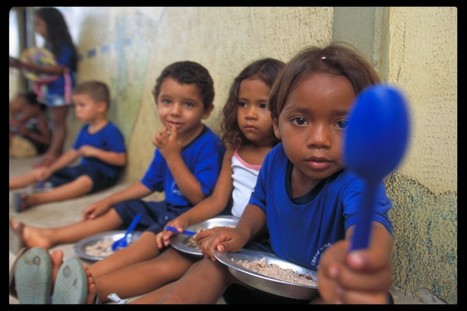Dr. James Russell and a research team at the University of Cambridge recently published work on young children’s conception of personal visibility, which furthers the understanding of cognitive development and of our emerging sense of self.
Research and publish the best content.
Get Started for FREE
Sign up with Facebook Sign up with X
I don't have a Facebook or a X account
Already have an account: Login

 Your new post is loading... Your new post is loading...
 Your new post is loading... Your new post is loading...
|
|

































